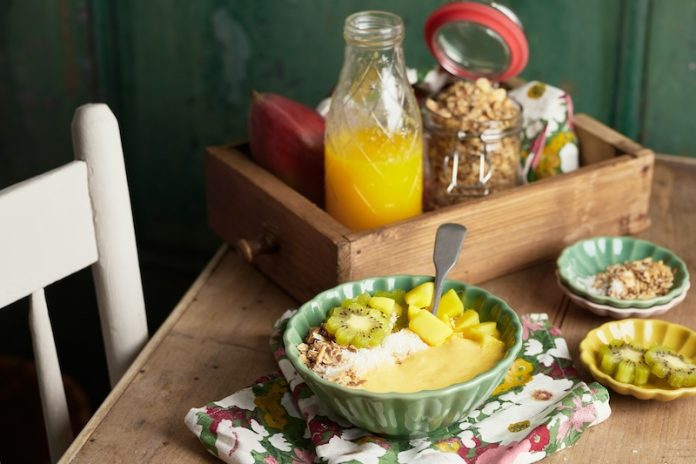
Pancreatitis is a medical condition where the pancreas, a vital organ that helps in digestion and regulating blood sugar, becomes inflamed.
This inflammation can cause severe pain and other serious health issues.
Managing diet is crucial for those suffering from this condition, as certain foods can trigger flare-ups, while others can help soothe and reduce symptoms.
Understanding which foods to eat and which to avoid can make a significant difference in managing pancreatitis.
The primary goal is to choose foods that are easy to digest, low in fat, and non-irritating to the digestive system, thereby giving the pancreas a chance to recover.
Foods to Include
Fruits and Vegetables: Fresh, steamed, or cooked fruits and vegetables are high in vitamins, minerals, and antioxidants, which are essential for healing and health. However, avoid very high-fiber varieties during flare-ups as they can be harder to digest.
Lean Proteins: Proteins are crucial for body repair and maintenance. Sources like chicken, turkey, and fish are easier on the pancreas than red meats.
Plant-based proteins such as lentils and chickpeas are also beneficial, but should be consumed in moderation if you are experiencing a flare-up due to their higher fiber content.
Whole Grains: Whole grains like brown rice, oats, and quinoa provide necessary nutrients without stressing the pancreas. They should be cooked well to ease digestion.
Low-Fat Dairy Alternatives: High-fat dairy products can aggravate pancreatitis, but low-fat or non-fat alternatives like almond milk, low-fat yogurt, and cottage cheese can be part of a pancreatitis-friendly diet.
Foods to Avoid
- Alcohol: One of the most common triggers for pancreatitis, alcohol should be completely avoided as it can cause severe complications and flare-ups.
- Fried and Fatty Foods: Foods that are fried or high in fat can be very hard on the pancreas. This includes butter, cream, and fatty cuts of meat.
- Processed Foods: These often contain hidden fats and sugars and lack the nutrients needed for healing. Processed snacks, fast food, and ready meals should be avoided.
- Spicy Foods and Additives: Spicy foods and chemical additives found in some processed foods can irritate the digestive system and should be avoided.
Supporting Research
Studies show that a low-fat diet is crucial in managing pancreatitis. Research published in the “American Journal of Gastroenterology” highlighted the importance of dietary fat restriction in reducing pancreatic stress.
Another study from “Gastroenterology” found that patients with pancreatitis who followed a diet low in animal fats and processed foods had fewer hospitalizations and less pain.
Lifestyle and Dietary Adjustments
Along with dietary changes, staying hydrated is incredibly important. Water helps to flush toxins from the body and supports overall digestive health. Small, frequent meals can also prevent the pancreas from becoming overburdened.
For those dealing with chronic pancreatitis, nutritional supplements may be necessary to manage deficiencies caused by poor digestion of nutrients.
Supplements should always be used under medical supervision to ensure they do not interfere with pancreas function or cause further issues.
Conclusion
Managing your diet when you have pancreatitis is about making choices that help reduce inflammation, avoid aggravating your condition, and promote healing.
By focusing on low-fat, nutritious foods and avoiding those that are processed or high in unhealthy fats and additives, you can help manage your symptoms and contribute to your overall well-being.
Remember, each person is different, so it’s important to consult with a healthcare provider to tailor the dietary recommendations to your specific needs and condition.
Follow us on Twitter for more articles about this topic.
Copyright © 2024 Scientific Diet. All rights reserved.





